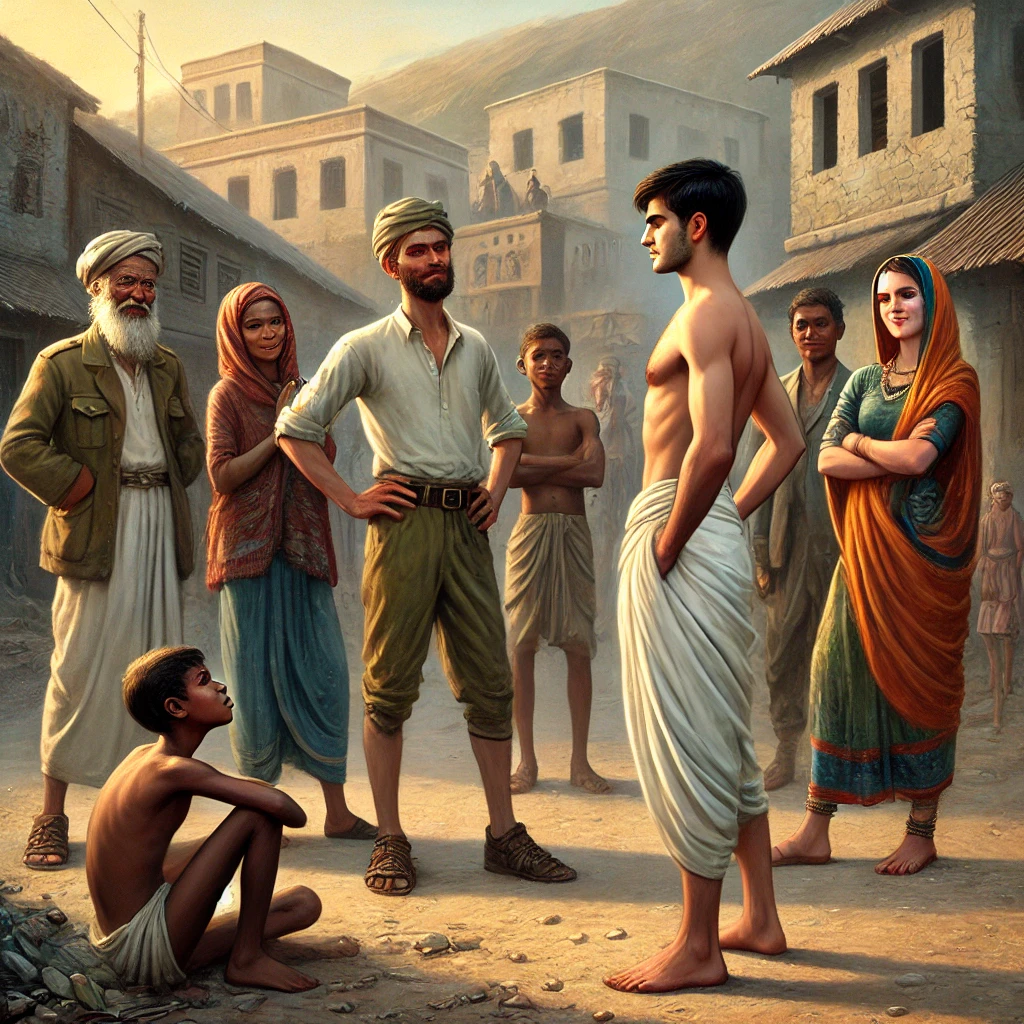The rise of majoritarianism in South Asia is reshaping the political and social dynamics of the region, with significant implications for its future. In countries like Pakistan, Myanmar, and Bangladesh, the ideology that prioritizes the dominance of the majority community is increasingly taking root, eroding the democratic ideals of pluralism and inclusion. This trend, if unchecked, could have profound effects on India, potentially influencing its political landscape and societal cohesion.

In Pakistan, the foundations of majoritarianism have long been embedded in its political narrative. While the country was established as a homeland for Muslims, its identity has increasingly been defined in exclusionary terms. Religious minorities, including Hindus, Christians, and Ahmadis, face systemic discrimination. Blasphemy laws have institutionalized this exclusion, often targeting minority communities and reinforcing the notion that Pakistan is exclusively for Muslims. This ideology has also deepened sectarian divisions within the Muslim majority itself, with Shia and other minority sects frequently subjected to violence and marginalization.
Myanmar represents a more extreme form of majoritarianism, starkly visible in its treatment of the Rohingya Muslim minority. The Buddhist-majority government has systematically disenfranchised the Rohingya, denying them citizenship and basic rights. Violent military campaigns against this community have been justified as necessary to preserve the nation’s Buddhist identity. The result has been one of the world’s most severe humanitarian crises, with the Rohingya fleeing persecution in what amounts to ethnic cleansing.
Bangladesh, once a secular beacon in the region, has also seen a growing tilt toward majoritarianism. Pressures from Islamist groups and populist politics have led to the erosion of its secular foundations. Religious minorities, particularly Hindus, have increasingly become targets of violence and discrimination. Political rhetoric has shifted to emphasize Islamic identity, sidelining the pluralistic ideals that once defined the nation. This has further entrenched divisions and heightened insecurities among minority communities.
These developments in South Asia are not occurring in isolation. They reflect a broader trend where majoritarianism is framed as a means to achieve stability and preserve cultural identity. This dynamic raises critical questions for India, which has long prided itself on being a diverse and pluralistic democracy. As the largest democracy in the region, India is not immune to the influence of its neighbors, and the rise of majoritarianism around it could fuel similar sentiments within its borders.
In India, nationalist ideologies that emphasize the primacy of the Hindu majority have gained traction in recent years. This shift has manifested in debates around secularism, cultural identity, and minority rights. The growing emphasis on Hindu identity in political discourse risks undermining the country’s secular foundations. There is a possibility that the successes of majoritarianism in neighboring countries could embolden similar fantasies among India’s majority community. This could lead to the marginalization of religious and cultural minorities, deepening social divisions and polarizing the nation further.
The implications of such a shift are profound. India’s democratic institutions, built on principles of inclusion and equality, could be weakened. Social tensions might escalate, leading to communal violence and a breakdown of trust among different communities. Economically, the alienation of minorities could disrupt social harmony, deterring investments and hindering growth. Geopolitically, a divided India might find its regional and global influence diminished, undermining its ability to lead by example in South Asia.
Resisting the tide of majoritarianism requires India to reaffirm its commitment to pluralism and inclusivity. Strengthening democratic institutions, promoting inclusive policies, and fostering a culture that celebrates diversity are critical steps toward safeguarding the nation’s unity. Education systems must play a role in instilling values of tolerance and understanding, while political leaders must prioritize nation-building over divisive rhetoric.
The rise of majoritarianism in South Asia is a challenge that demands vigilance and action. For India, the path forward lies in standing firm against exclusionary ideologies and upholding its legacy as a vibrant, pluralistic democracy. By doing so, India can not only preserve its internal harmony but also set an example for the region, reaffirming the values of democracy, inclusion, and mutual respect in an increasingly polarized world.

